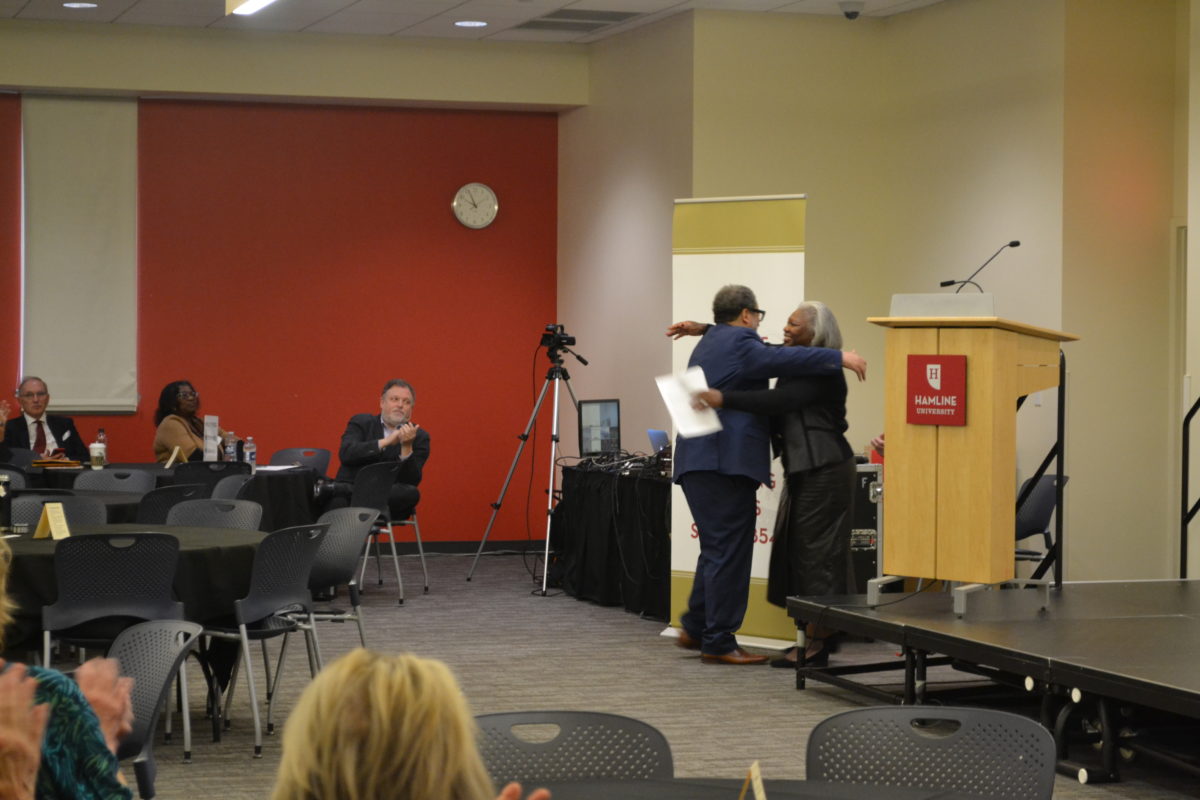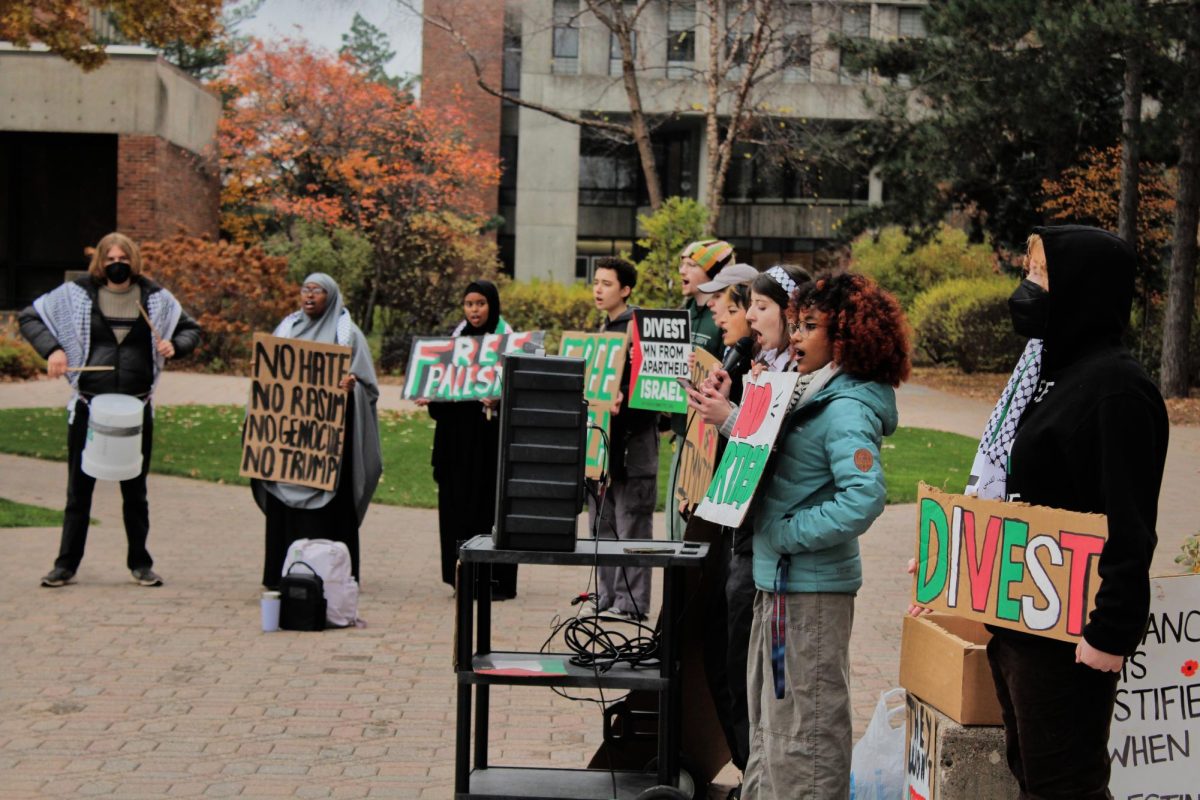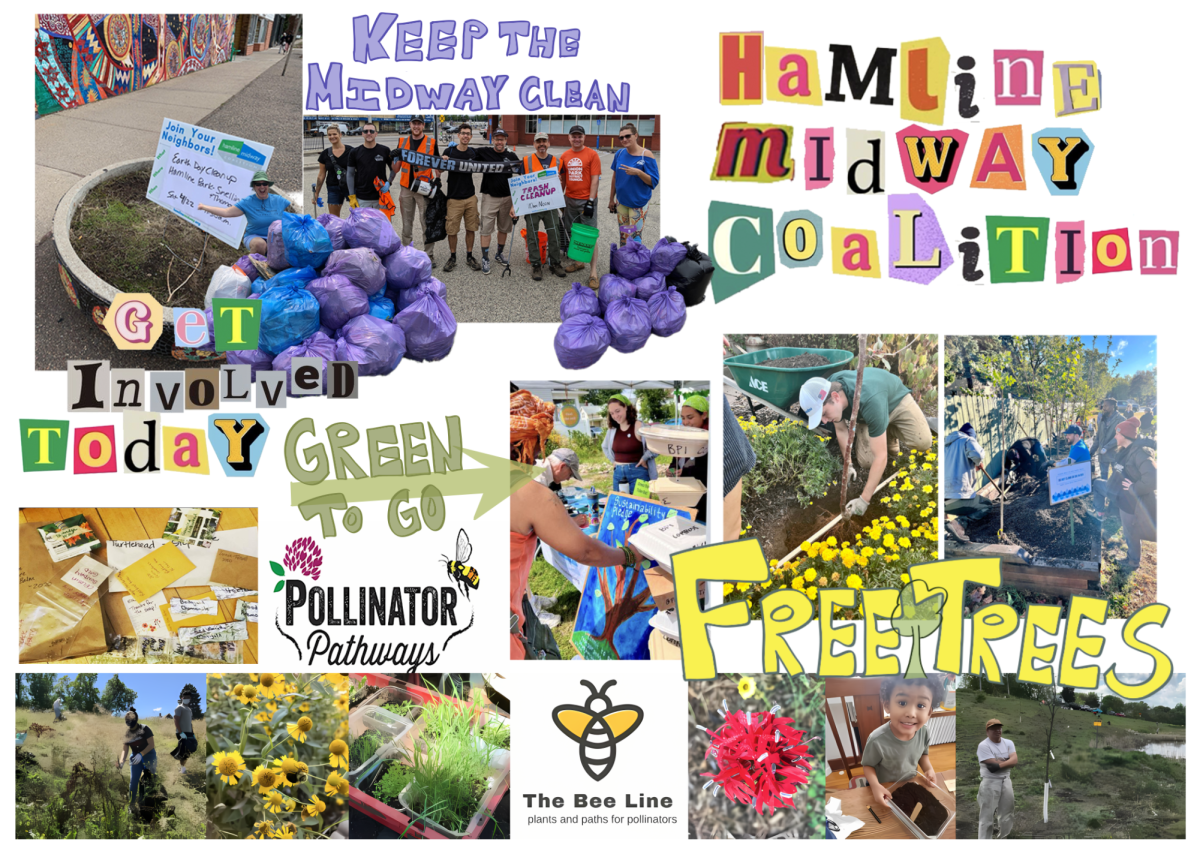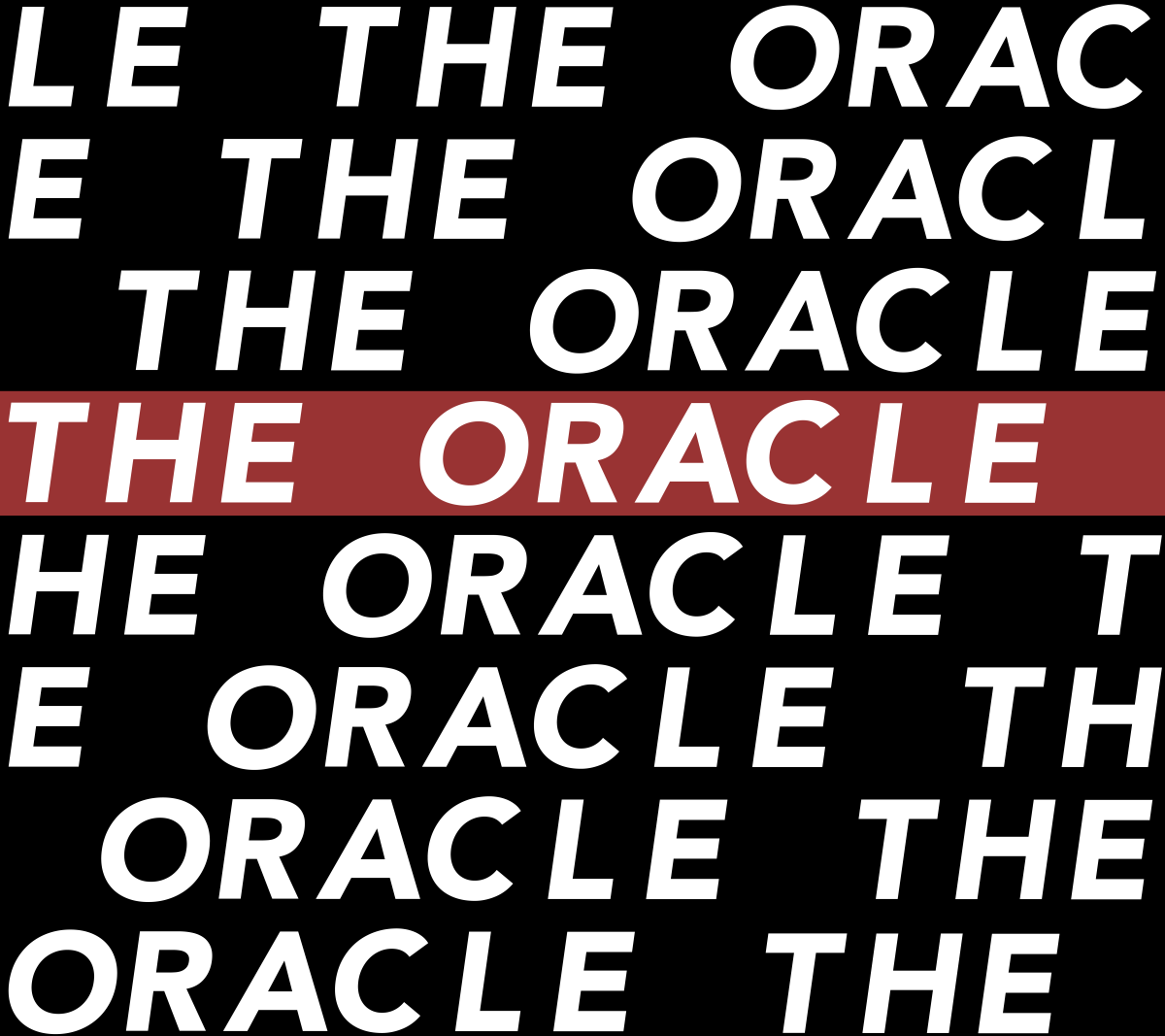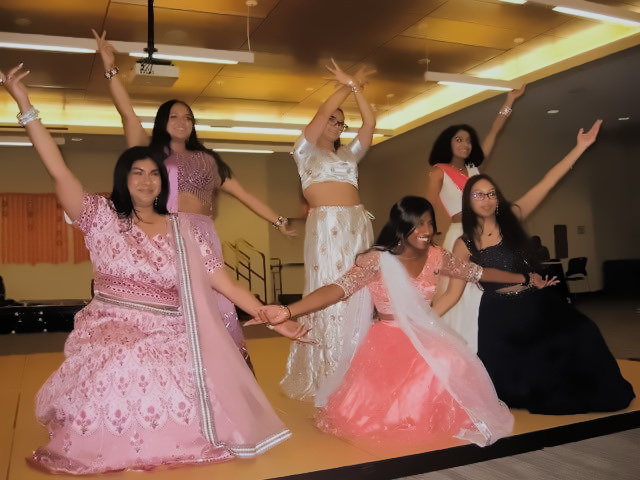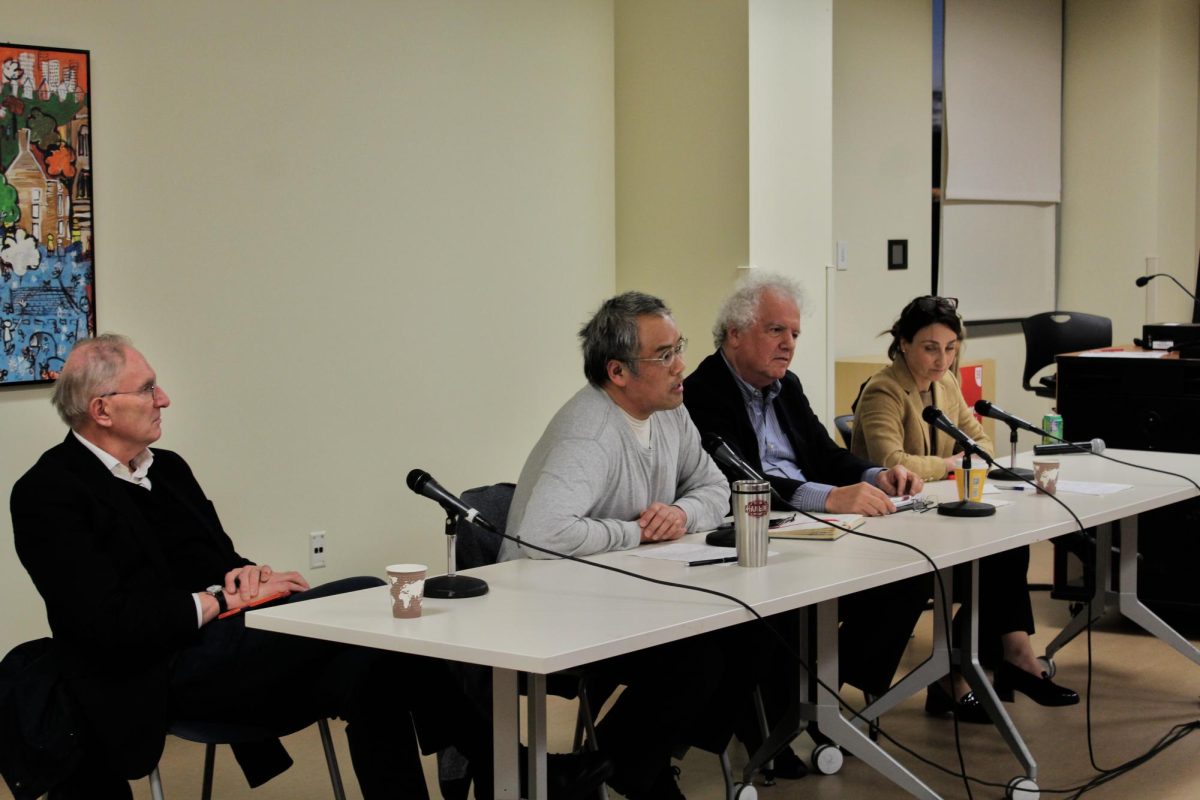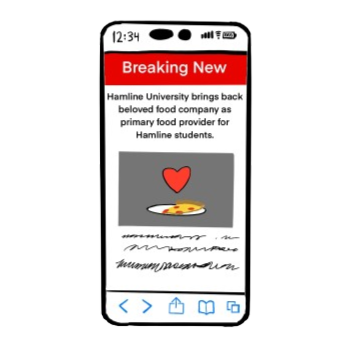Last fall, an incident in an art history class left a student exposed to a national debate and an adjunct professor jobless. Nearly a year later, Hamline hosted a symposium with world renowned experts to discuss the relationship between academic freedom and cultural perspectives in the world of academia.
Over the last year, academic freedom has been a recurring subject in the news cycle as higher education continues to run into conflicts with student’s diverse needs. Hamline is one of many colleges and universities that has struggled with this balance, and the forum on Sept. 12 gave space for nationally recognized experts to discuss what academia has to learn about this balance. In the midst of the intellectual conversations and debate, the Hamline community wondered what practical application will look like.
“People talked a lot about theoretical arguments of what academic freedom is…but there was nothing specific about how we can accommodate academic freedom and cultural perspectives in our classrooms,” Professor Binnur Ozkececi-Taner said.
Professor Ozkececi-Taner attended the full day of the conference and was unsatisfied with the lack of community specific conversation.
“We wanted a discussion about academic freedom within the context of Hamline University, because we wanted this to be an event that would start the healing process on campus, and this was not the case unfortunately,” Ozkececi-Taner said.
Hamline students and faculty notably made up a small portion of the event’s attendees, at least partially due to schedule conflicts. The event was announced in late August, giving faculty limited time to prepare for a day-long event.
“We found out about this [event] after many of my faculty colleagues had finalized their syllabi for the semester,” Ozkececi-Taner said.
Some students in attendance for the entirety of the event missed classes to be present.
“I felt it was important to be here, and to be a part of this conversation,” Hamline senior Josh Sedarski said. Sophomore Jinda Lon had also missed a class to attend the forum.
“It’s important to think about academic freedom…it’s also important that everyone gets their equal representation,” Lon said.
As for moving forward, academics believe the process will be complex, but necessary.
“These issues require really kind of deft hands,” panelist Stacy Hawkins said. “We really do have to, on the faculty side, exercise a little bit more humility, and the receiving side…has to extend grace, because these are difficult situations to navigate.”
Following the symposium, the Piper community wonders what practical applications will come from the insights discussed.
“These are all really great conversations, but in practice, how is this actually going to be implemented, and are people going to be willing to do it?” Hamline Undergrad Student Council (HUSC) External President Travis Matthews said at the event.
Stacy Hawkins is a Professor of Law at Rutgers University, and sees changes being made within institutions around the country in response to events like the one at Hamline.
“At my own university…there is an increasing attention to providing faculty with training and ongoing professional development around classroom management,” Hawkins said. This kind of professional development is exactly what Professor Ozkececi-Taner believes Hamline could benefit from.
“When we say that faculty needs to do a better job in responding to our student’s needs, then there is the assumption that there is a responsibility of the university [to] prioritize faculty development, because we cannot just read and talk about these issues,” Ozkececi-Taner said.
No plans have been made yet for faculty training or resources to implement these broader concepts.
“We are still in the place of listening and hearing, and once we get past that then I think there’s a way to sit down and say, okay now what do we do with this?” Vice President of Inclusive Excellence David Everett said. “Right now, everything is on the table for us to begin to think about how we can continue and keep the momentum going.”
Community healing may still be achieved, Dr. Everett said, at one of the monthly community conversations the office of Inclusive Excellence hosts.
“One or two of those community conversations [will] continue to supplement on what was shared not just this week, but next week as well,” Everett said. “There’s a way to integrate not just the topic of discussion, but also…what do we need as the Hamline community to move forward?”
Community meetings will be hosted on Tuesdays during conversation hour in Anderson on Tuesday, Oct. 24 and Tuesday, Nov. 14.

